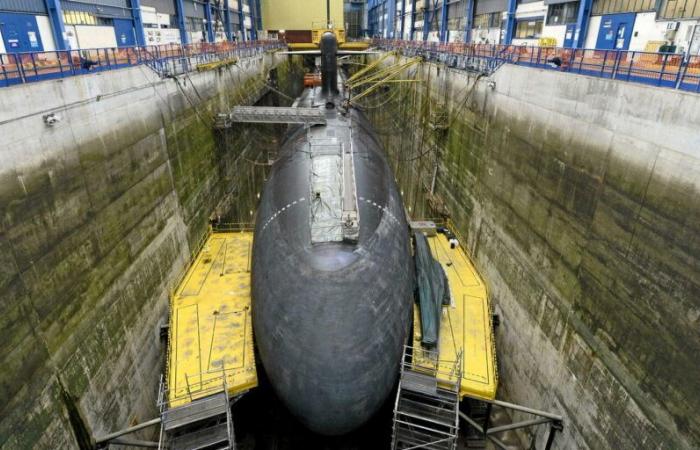UNo new battle is played out between Europe and Russia in the underwater depths, in particular the Baltic Sea, in which France, the only nuclear power of the European Union, plays a central role. In an interview with ParisianPatrick Chevallereau, former vice-admiral and researcher, decrypts current tensions and France’s responsibility for European submarine defense.
« The French data flow is not directly impacted from the Baltic Sea, explains this former aeronautical pilot. But we are part of an alliance, NATO, which binds us by a solidarity clause »Of article 5, based on the principle of collective defense.
At the time, in 1949, the NATO Treaty aimed to set up “a mutual assistance pact aimed at countering the risk of seeing the Soviet Union extend the control it exercised over Eastern Europe to other parts of the continent”, specifies the organization’s site.
Sabotage operations
Today, this alliance is used in particular to protect the depths of the old continent from actions coming, it seems, from Russia. “Moscow deploys sabotage and espionage operations at sea … It is a game which, after a certain time, can become dangerous,” explains Patrick Chevallereau.
The optical fiber cables through which the Internet pass, the energy distribution grids or the nuclear structures located hundreds of meters underwater are therefore the regular targets of attacks. Russia has not yet been incriminated, but against a background of conflicts in Ukraine, “we can trust a harness of clues, such as the commercial boats that correspond to the sabotage places, for example,” he adds.
-
To discover
The kangaroo of the day
Answer
France’s participation is all the more important as “the deterrent rests more than 80 % on our four machine launcher submarines (Snle) »Who sail in absolute discretion. « The quality of our weapons contributes to the credibility of the continent and to its safety, but it necessarily arouses interest in our opponents ».
« NWe are at war »
But one of the challenges in this battle remains the constant and rapid evolution of defense technologies. Whether it is the military capacities of NATO or France (mapping of seabed, manufacture of submarines, etc.), the tools are permanently evolving. “You have to adapt, go fast and devote means,” insists Patrick Chevallereau, who held various positions at the Defense Staff and the NATO strategic command. His observation is clear: ” It is not forcing the trait to say that we are at war ».






